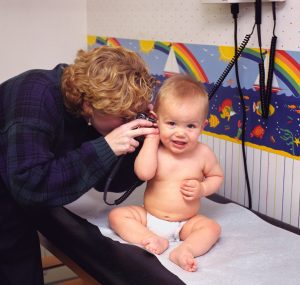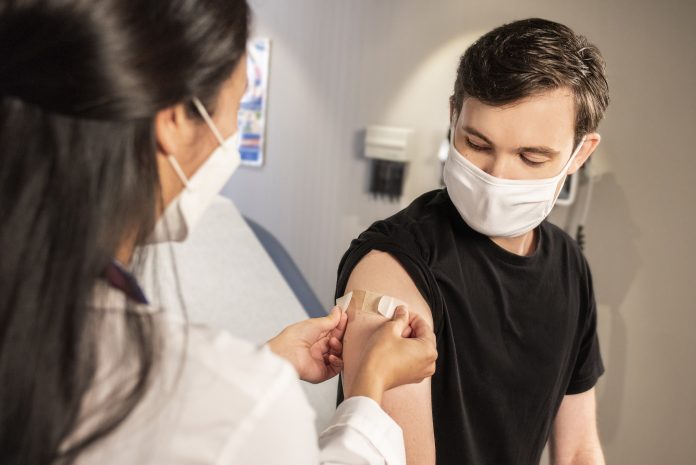 The children in your life rely on you to do the right thing on their behalf. Cherish and protect the health of your little and not–so–little loved ones by following through on their scheduled appointments every year.
The children in your life rely on you to do the right thing on their behalf. Cherish and protect the health of your little and not–so–little loved ones by following through on their scheduled appointments every year.
“Well-child” visits—sometimes called annual check-ups, wellness exams, or physicals—provide growth and development tracking with insight into potential health concerns for your child. These visits are also crucial in keeping parents up–to–date on recommended vaccinations based on what your child has already received and what may be coming due.
Unfortunately, according to a recent report shared by the CDC, 28% of children in rural areas aren’t receiving their annual exams.
Children who are not seen regularly carry a higher risk of incomplete vaccinations, and miss opportunities for crucial conversations between parents and physicians about physical and mental health and safety. Children and caregivers who attend regular checkups are more likely to better understand and embrace healthy decision–making.
Exam Protocol for Different Age Groups
Through age 21, annual pediatric exams ensure your child receives health recommendations and any associated care tailored to their individual needs. The American Academy of Pediatrics (AAP) recommends these screenings and preventative measures:
 Early Childhood (1–4 years old)
Early Childhood (1–4 years old)
- Clinical examination history
- Measurements – length, height, weight, and blood pressure
- Sensory screening – vision and hearing
- Developmental/behavioral health screening – psychosocial/behavioral assessment
- Physical examination
- Preventative care – immunization
- Proactive counseling
Middle Childhood (5–10 years old)
- Clinical examination history
- Measurements – length, height, weight, body mass index, and blood pressure
- Sensory screening – vision and hearing
- Developmental/behavioral health screening – developmental surveillance and psychosocial/behavioral assessment
- Physical examination
- Preventative care – immunization, anemia, and tuberculosis
- Proactive counseling
 Adolescence (11–21 years old)
Adolescence (11–21 years old)
- Clinical examination history
- Measurements – length, height, weight, body mass index, and blood pressure
- Sensory screening – vision and hearing
- Developmental/behavioral health screening – developmental surveillance, psychosocial/behavioral assessment, drug use assessment, and depression screening
- Physical examination
- Preventative care – immunization, anemia, tuberculosis, and sexually transmitted infections
- Proactive counseling
Schedule your exam and stay current
 Keep in mind that wellness exams are usually covered fully as a preventive measure under most health insurance plans. If applicable, you may also want to ask your pediatrician if your child is eligible for the Vaccines for Children program, a program that can eliminate costs for vaccines.
Keep in mind that wellness exams are usually covered fully as a preventive measure under most health insurance plans. If applicable, you may also want to ask your pediatrician if your child is eligible for the Vaccines for Children program, a program that can eliminate costs for vaccines.
Eastern Idaho Regional Medical Center (EIRMC) is the leading neonatal and pediatric provider in the region and offers the most comprehensive and advanced pediatric care, including access to pediatric subspecialties for children from birth to 18 years old. EIRMC is also the only hospital in Idaho Falls with pediatricians on Medical Staff and the only hospital in Idaho Falls with inpatient pediatric care.
If your child does not have a pediatrician, you can find one at eirmc.com.











